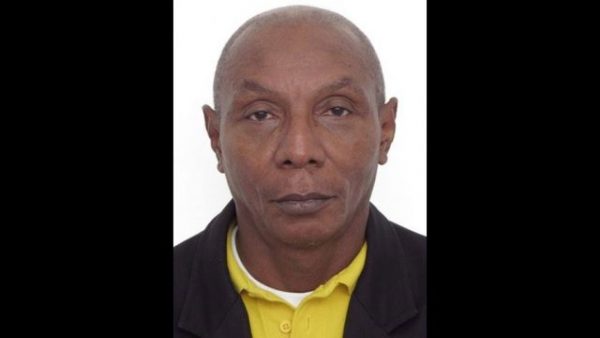
In its Annual Report for 2016, Front Line Defenders reported the killings of 281 human rights defenders in 25 countries. Fifty-nine of those killings took place in one country – Brazil. Of those killed in 2016, 49% were working to defend land, environmental or indigenous rights.
This is consistent with a pattern of killing in Brazil over decades.
A recent joint statement by the offices of the UN High Commissioner for Human Rights and the Inter American Commission for Human Rights (IACHR) said that, “Over the last 15 years, Brazil has seen the highest number of killings of environmental and land defenders of any country, up to an average of about one every week. Indigenous peoples are especially at risk.” According to a 2015 report by the Brazilian NGO Conselho Indigenista Missionario (Indigenous Missionary Council or Cimi), 390 Guarani-Kaiowá leaders were killed between 2003 and 2014.
That statement is shocking enough, but when you do the math this means a figure of 780 environmental and land rights activists have been killed in that period. The vast majority of these cases are never properly investigated and it is rare for any perpetrator to be brought to justice.
This figure is backed up by research by the Commissâo Pastoral da Terra ( the Pastoral Land Commission, CPT), which shows that “since 1985, 1,833 peasants and leaders of the struggle for agrarian reform have been assassinated in conflicts over land, while during the same period of time large land estates have grown by 375%”.
This is the background against which HRDs, defending the rights of their communities, are routinely killed with total impunity. While the numbers are shocking and grab our attention, what is of equal concern is the response of the Brazilian government. Rather than taking action to protect the rights of indigenous and peasant communities the government is instead actively trying to limit the legal protections they currently enjoy.
According to the UN and IACHR “Against this backdrop, Brazil should be strengthening institutional and legal protection for indigenous peoples, as well as people of African heritage and other communities who depend on their ancestral territory for their material and cultural existence. It is highly troubling that instead, Brazil is considering weakening those protections”.
As noted in the joint statement, “A number of draft laws establishing general environmental licensing that would weaken environmental protection were being circulated in Congress on Friday 2 June. For example, the proposed legislation would remove the need for environmental licenses for projects involving agri-business and cattle ranching, regardless of their size, location, necessity, or impact on indigenous lands or the environment”.
A recent inquiry by a group of congressmen who are supporters of the agribusiness called for the abolition of FUNAI, the National Indian Foundation, which is the Brazilian government body that establishes and carries out policies relating to indigenous peoples.
If killings on this scale took place in one incident it would be called a massacre. But because the victims are poor campesino or indigenous people living in remote rural areas there is tacit acceptance of this climate of violence which is further exacerbated by the violent response of the state itself.
The Brazilian government should be held to account for its failure to take any meaningful action to end this culture of killing or to protect human rights defenders.

